In recent years, driven by the Internet of Things, artificial intelligence, and intelligent manufacturing, industrial automation has ushered in rapid development and transformation, and is gradually moving toward Industry 4.0.
As the world's leading semiconductor provider, Texas Instruments (TI) designs, manufactures, tests and sells analog and embedded semiconductor chips that are a key component of everyday use. From connected cars to smart homes, from self-monitoring health equipment to automated plants, TI empowers industrial automation.
At the recent media conference on "Innovation in Factory Automation and Robotics", Sameer Wasson, head of TI's processor business unit, explained to the media technology and solution innovations in the field of factory automation and robotics.
At present, in the architecture of smart factories, industrial communication, industrial control, and industrial sensing run through important parts of the entire architecture. To this end, TI introduced the latest SitaraTM AM6x processor, 60-GHz millimeter wave sensor and other products.
Sameer Wasson said that the current opportunities for industrial automation processors are communication, edge processing and deterministic sensing throughout the factory. It is not only a simple temperature and humidity sensor, but more importantly, it is more complicated, and the data is transmitted to the final processor to help it perform real-time judgment and monitoring. What is different from ordinary IoT applications is the industrial sensors, which need to be configured to ensure the certainty of the instrument and prevent the process of error data transmission, which has a great impact on the factory production line.
Sameer Wasson also introduced that the SitaraTM AM6x processor supports EtherCAT, Ethernet/IP and PROFINET network communication, and supports the most advanced industrial communication TSN standards and gigabit transmission rates under other industrial protocols. In addition, Ethernet and real-time data transmission can be combined on a single network to flexibly meet changing industrial communication requirements. This feature is critical for real-time communication in Industrial 4.0 applications.
In addition, TI has introduced a 60-GHz millimeter-wave sensor that integrates precise sensing and real-time decision-making and processing on a single chip to detect object distances, speeds, and angles in a variety of environments while providing advanced algorithms on-chip processing. With the unique data set and on-chip processing capabilities of the millimeter-wave sensor, TI enables building systems and factory automation to reduce error detection.
Sameer Wasson concluded that Industry 4.0 is not a one-time process, in which industrial communications, sensors, functional security, and confidentiality mechanisms play a central role. In addition, technical issues such as equipment power supply, protection system, isolation, etc. encountered in Industry 4.0 need to be further resolved.

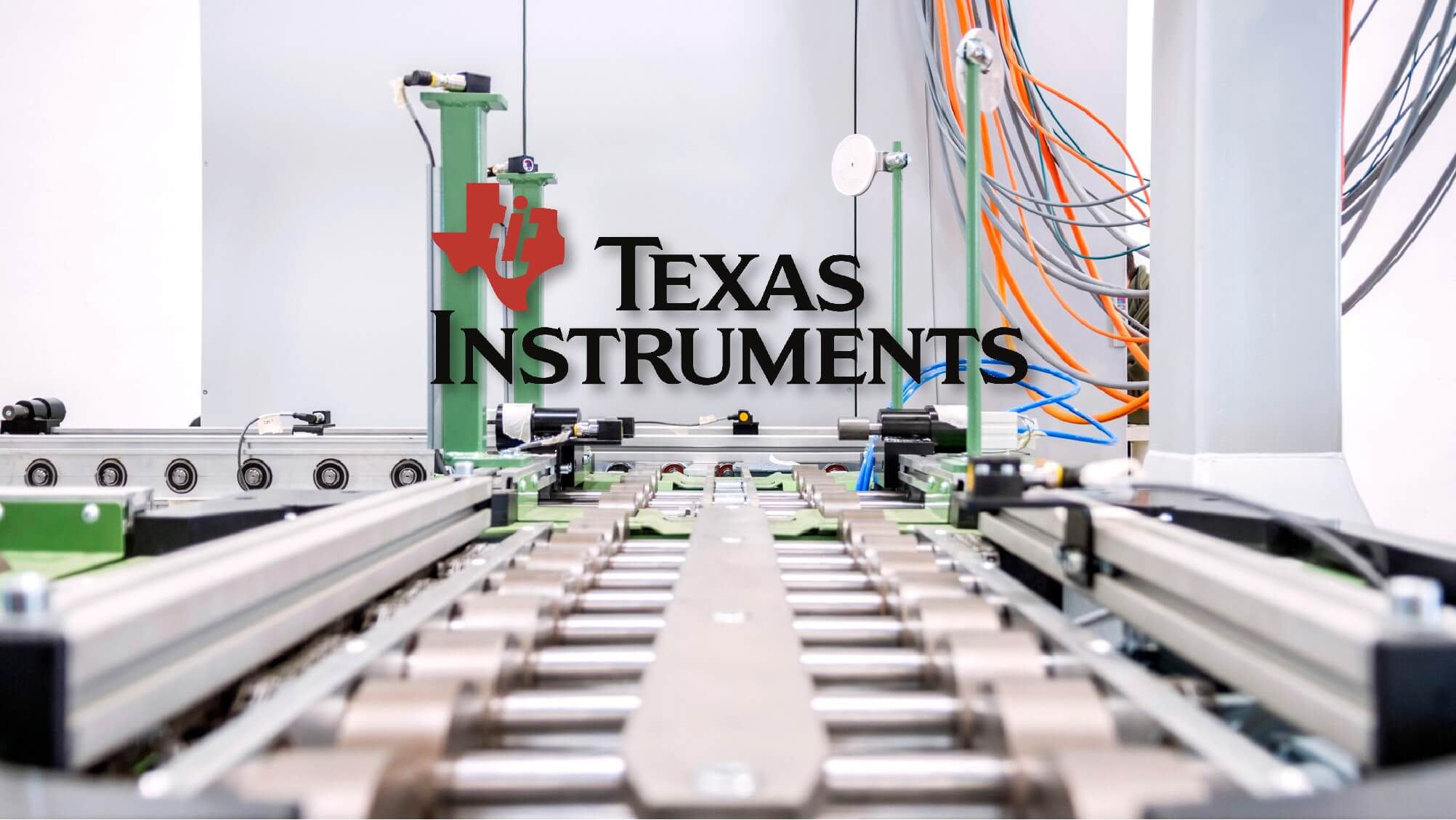




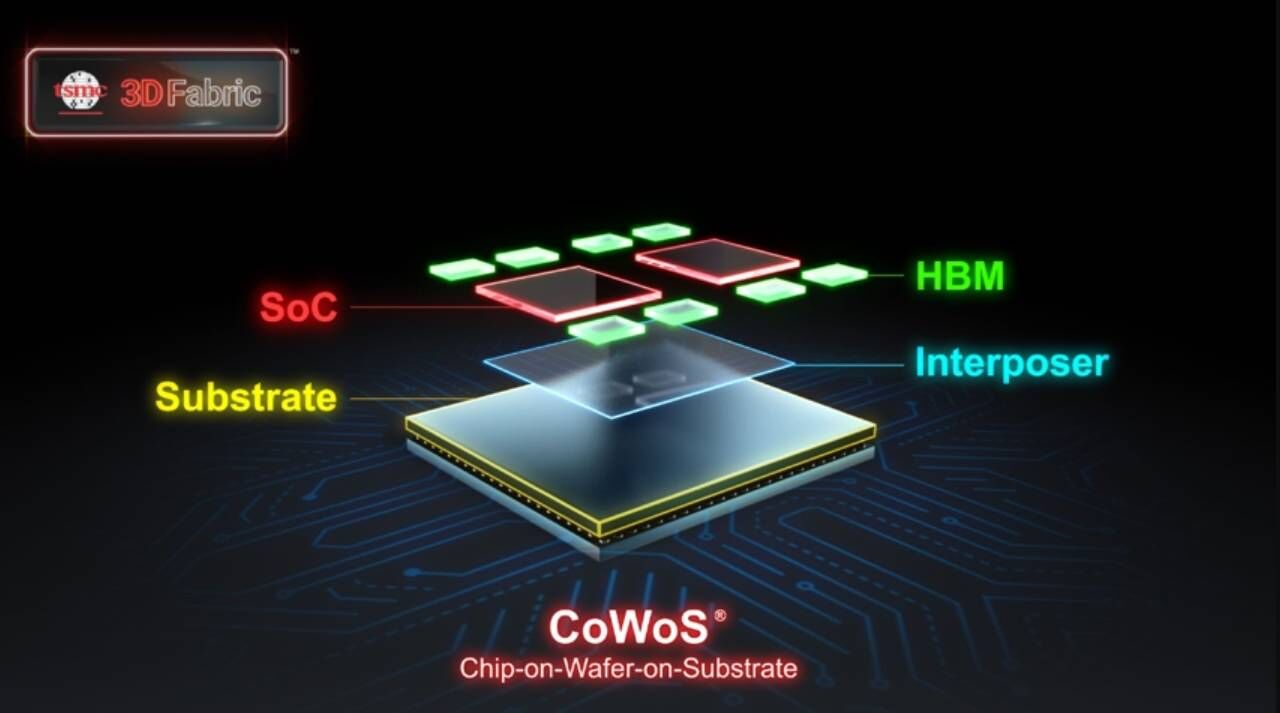

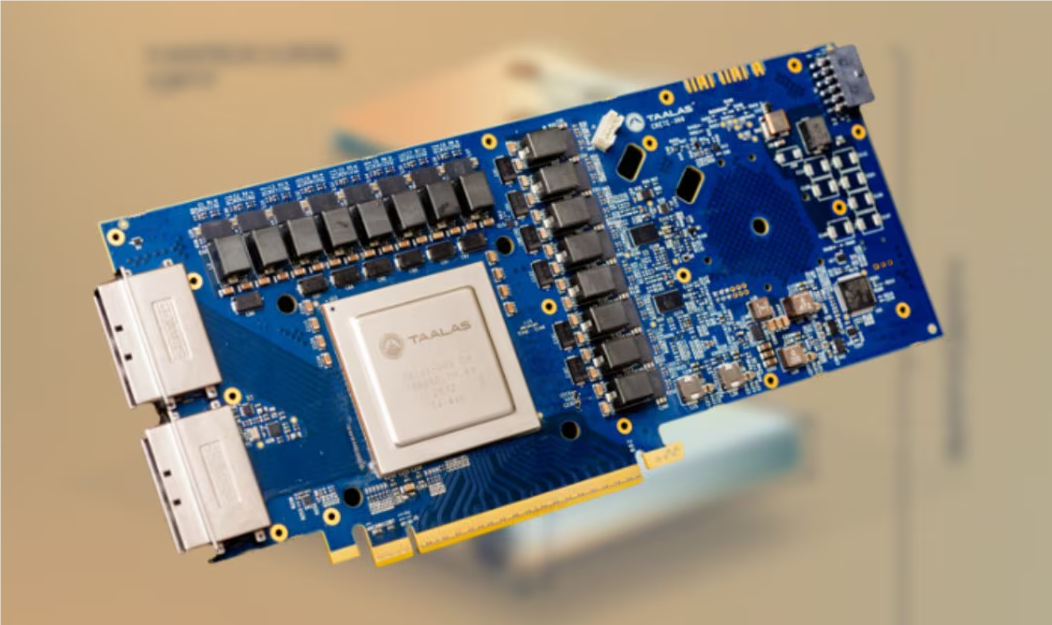
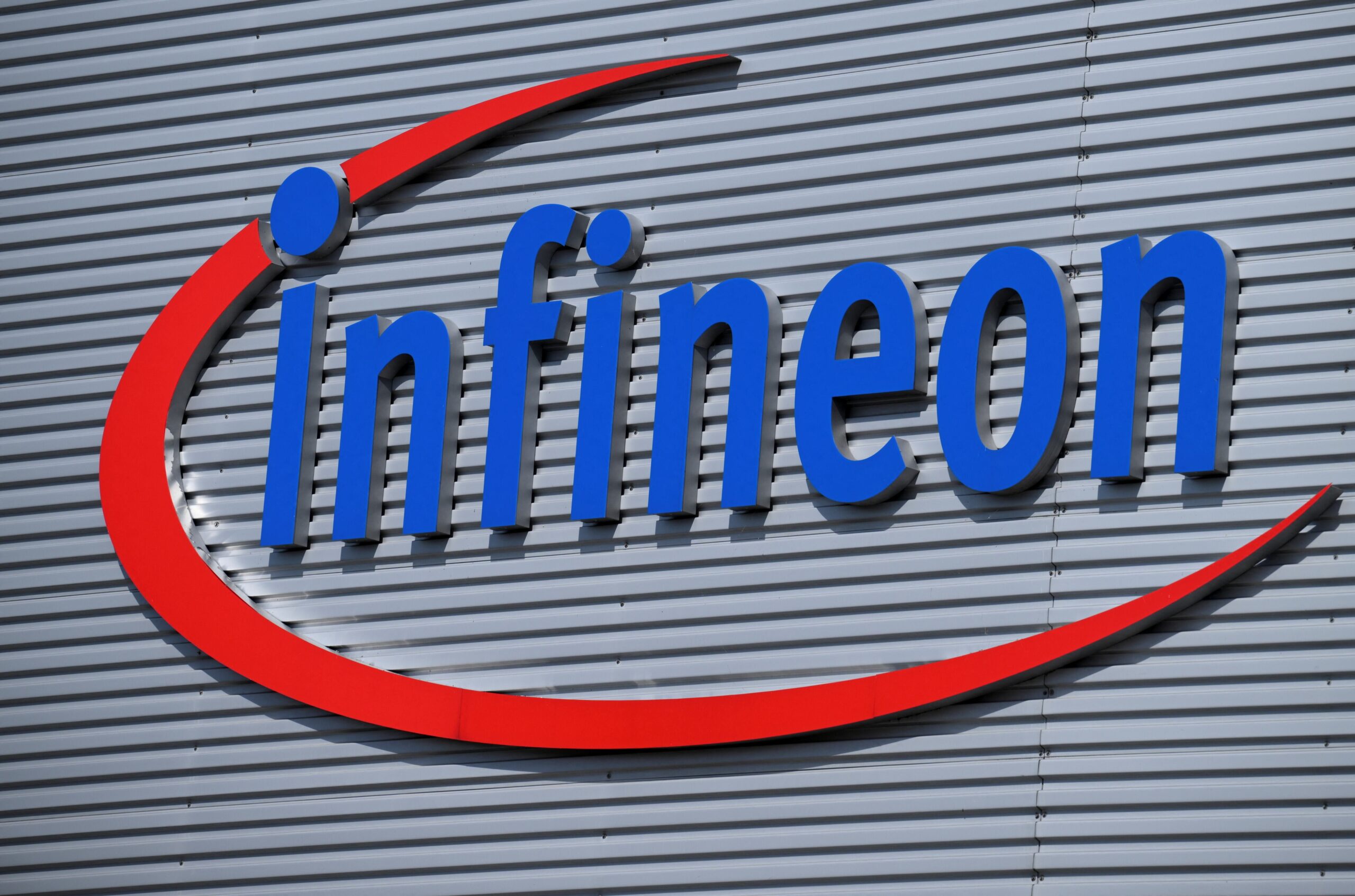
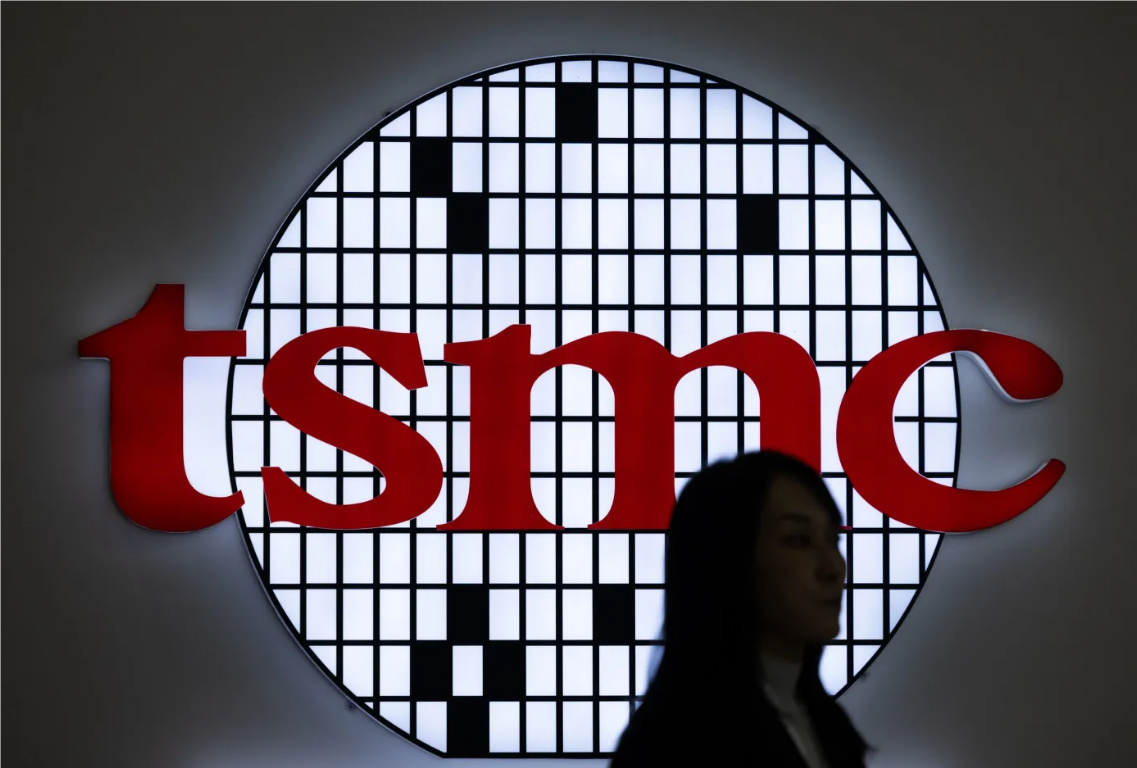
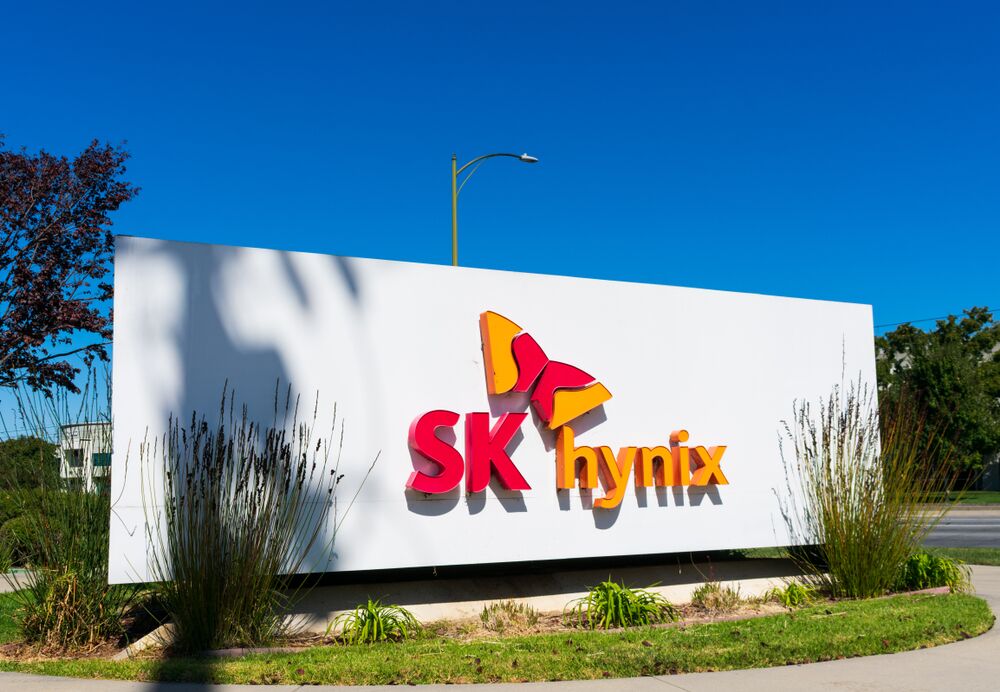
All Comments (0)